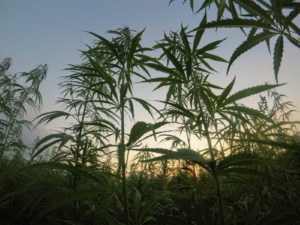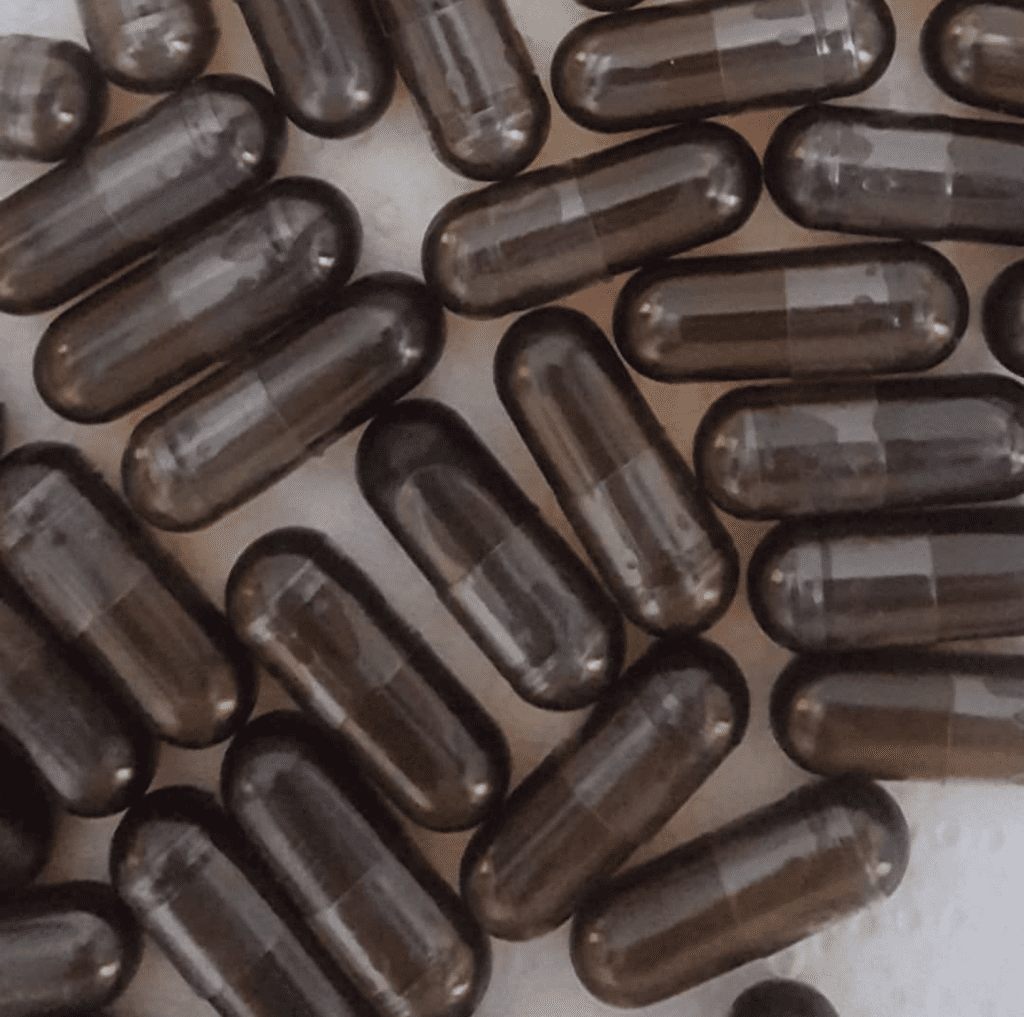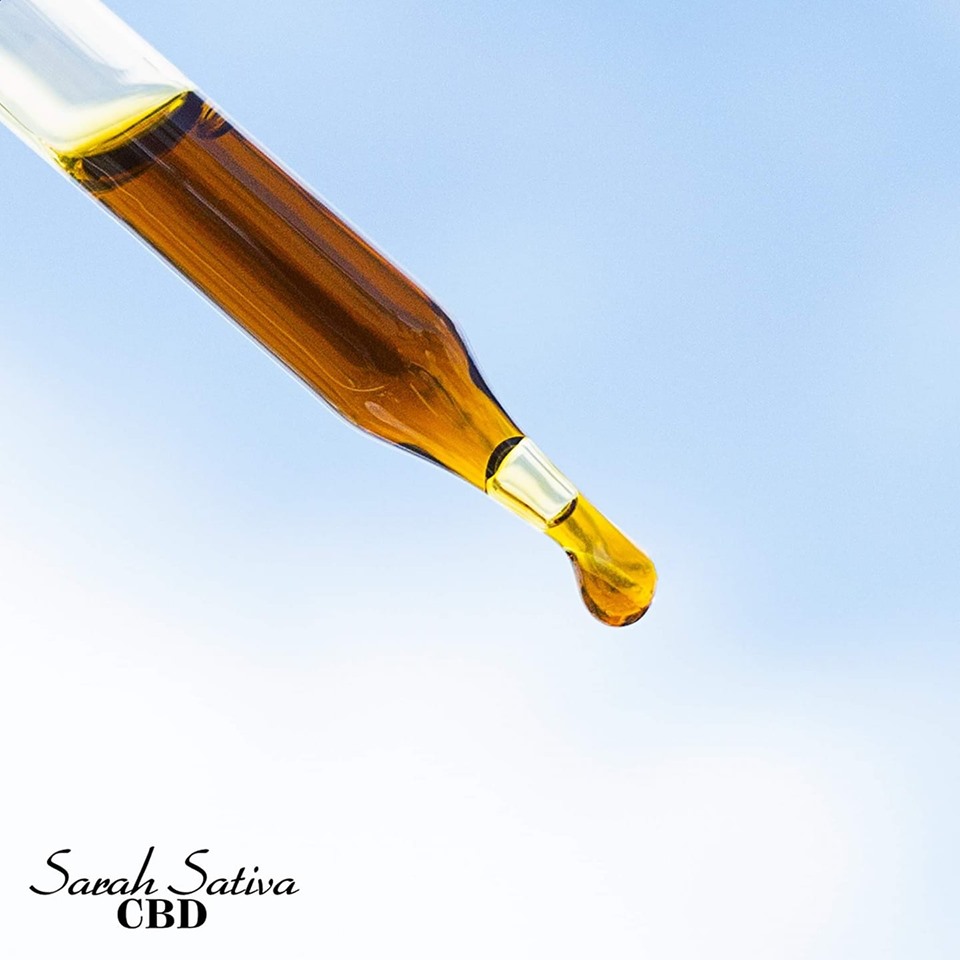CBD Frequently Asked Questions
If you’re interested in CBD and would like to know more, then you’ve come to the right place!
Reading the news in the last few years, you may have come across the term ‘CBD’ once or twice. Maybe you’ve heard it has something vaguely to do with cannabis, or that researchers are very excited about its potential health applications. Let’s get into some simple answers to the most frequently asked questions about CBD!
So, What is CBD?

If you’ve heard something about CBD being somehow related to marijuana, that’s both true and somewhat false. CBD is one of the active chemicals that can be extracted from the cannabis plant family. However, CBD isn’t often extracted from the same type of cannabis that people smoke. This type of cannabis also contains THC, which is the psychoactive chemical that provides the ‘high’ feeling. Generally, CBD is made from industrial hemp — marijuana’s identical cousin that doesn’t get you high. By EU regulation, to be considered ‘industrial hemp’ a plant must contain less than 0.2% THC.
Then it won’t get me high?
No, it won’t! CBD is non-psychoactive, which means it doesn’t have a mental affect. Users of CBD report some similar physical effects that you might expect from smoking or using weed, like bodily relaxation and at high enough doses, sedation. However, CBD interacts with your brain on the same receptors but in an opposite way to THC, so taking CBD supplements can actually reduce someone’s ‘high’ from using psychoactive weed.
Will it show up on a drug test?
Most standard drug tests used by employers and the police are looking for THC, not CBD. In the EU and most US states it is completely legal to use CBD as a dietary supplement. Always check the legality in your specific area, but generally it’s fine to be honest about using CBD if it comes up.
Is CBD safe to use?
Studies of healthy adults taking daily CBD supplements over the course of 6 weeks showed CBD to be non-toxic in all the individuals studied. CBD was also well tolerated by all the subjects at a very large range of doses. It’s important to start with a low dose and increase depending on your need. Some individuals find ‘micro-doses’ of less than 5mg per day to be helpful for their purposes, while others take very large doses of over 1000mg per day, depending on their size, tolerance and reasons for supplementing CBD. It’s important to note that CBD has been reported to interact with other medications, especially anti-epilepsy drugs. You should always consult a doctor (preferably one that knows about CBD) before starting any kind of dietary supplement to discuss if it’s right for you. Another important thing to keep in mind is that with changing regulations surrounding CBD, quality can vary greatly from one producer to another. Always purchase CBD from producers or suppliers that can provide lab test results for their product. Good CBD suppliers are always happy to consult with their customers on appropriate doses and which type of CBD product would be best for them.
Is it legal?
This is a very complicated and changing question, and the best answer is always to do your own research. Do an internet search for “CBD laws [your country/region]”. For a very basic answer, as of early 2019 CBD is not regulated by international drug laws under the United Nations. In the US, certain CBD products have been legalized as prescription drugs, making non-prescription CBD illegal. However, CBD is openly sold in shops and online across the US, and in 2018 the new regulations making it a prescription-only drug were not seen to be enforced in states where it was previously sold openly. The EU and UK classify CBD as a ‘novelty food’ that can be sold as a food supplement or ingredient on the open market. EU lawmakers will vote in March 2019 on a bill to regulate the safety testing and production of CBD. In Australia and New Zealand CBD is available with a doctor’s prescription. In Canada, CBD and all cannabis products are legal for medical and recreational use.
What forms does CBD come in?
There are currently a handful a of popular CBD products you will see on the market today. But, with the hype surrounding CBD’s potential, new products are being developed all the time.

CBD capsules are one of the most popular methods of taking CBD. Capsule dosages are pre-measured and swallowed the same way as any other capsule supplement.

CBD paste is a highly concentrated, thick dark oil extracted directly from the plant which comes in a syringe to be taken under the tongue and has a strong hemp taste.

CBD oil is thinner than paste, because it is dissolved to different concentrations in a carrier oil such as hemp oil. CBD oil comes in a dropper bottle and allows more experimentation and precision when it comes to dosing.

CBD isolates are chemically concentrated pure CBD compounds which can be ‘dabbed’ in a specific kind of pipe or sprinkled directly onto food without leaving any taste.

Topical CBD products are rubs and creams made for use outside of your body.
Where can I purchase CBD?
Hundreds of producers sell CBD online and ship it all over the world. However, the quality of CBD can vary greatly, and not all online suppliers are following legal regulations. Always do your own research and make sure you’re purchasing CBD from a supplier you trust. For EU customers interested in purchasing CBD products, check out our available products in our online shop, or for more information about CBD and how it might benefit you, get in contact with us!
